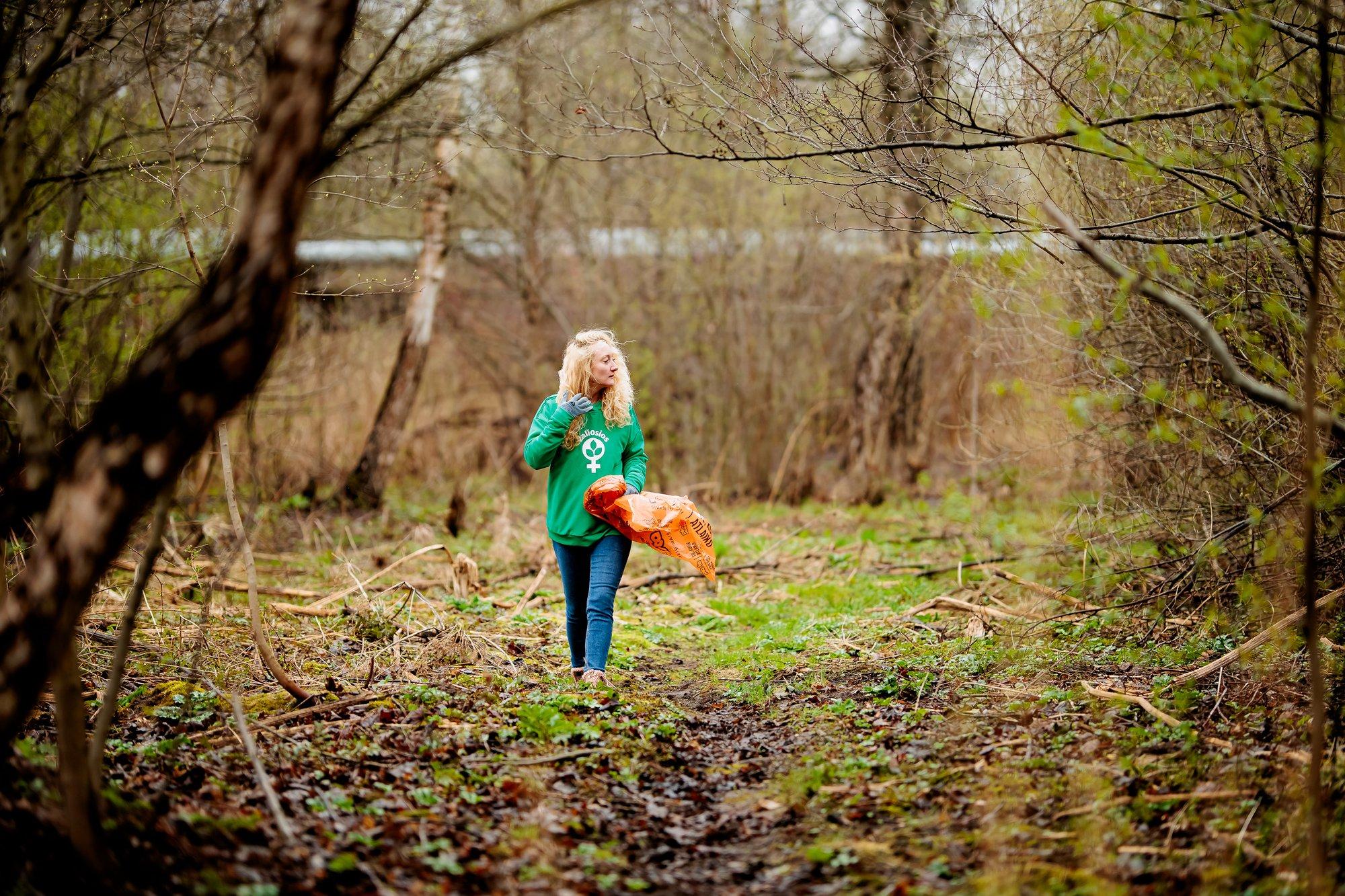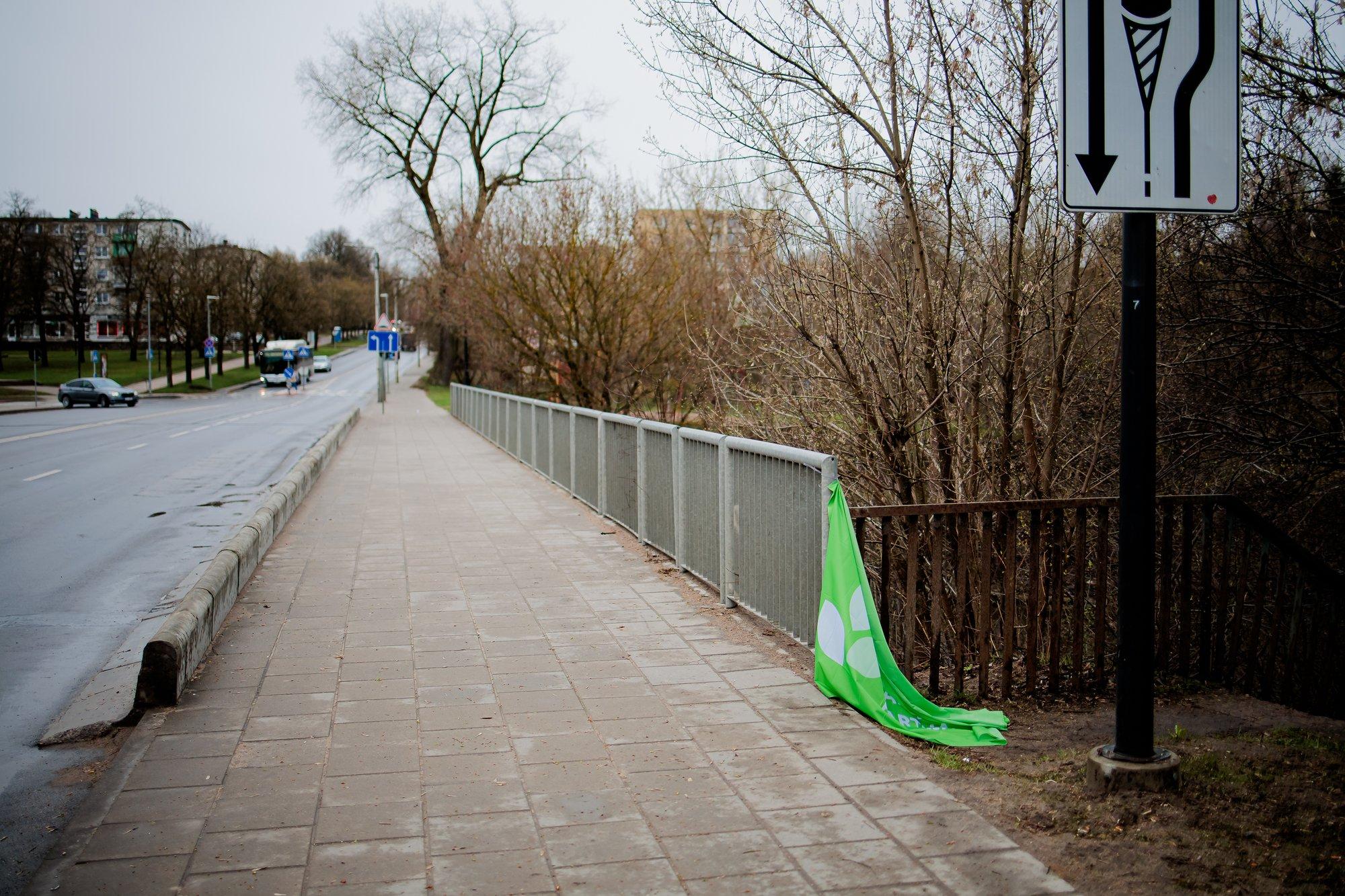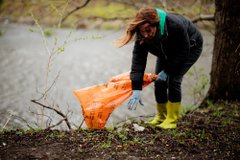According to the Greens, it is a non-standard step to encourage women to engage in politics and highlight the negative economic and social consequences of gender imbalances in political decision-making.
“Women outnumber men in Europe by five percent, but they are still not represented in political decision-making proportionately: women account for only 39 percent of the total number of members of the European Parliament, and even fewer in national parliaments,” said Ieva Budraitė, chairwoman of the party, who leads the list.
In the election list, Budraitė is followed by Dr Helga Marija Kauzonė from the Lithuanian University of Health Sciences, former deputy education minister and climate change researcher Dr Marija Žukovskienė from the Nature Research Centre. Fourth ranked is a lawyer Emilija Švobaitė from NGO Sienos Grupė (Border Group) and the top five is rounded off by Rasma Pažemeckaitė, leader of the Roma community.
The Lithuanian Green Party presented its political programme in an unconventional location, the littered bank of the Vilnelė River in Naujoji Vilnia. The candidates cleaned up the riverside after the press conference.
Lithuanians will be electing their representatives at the European Parliament on 9 June.



























